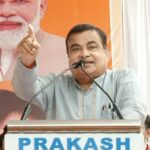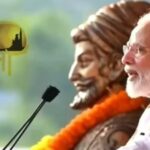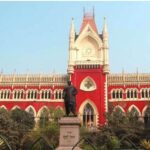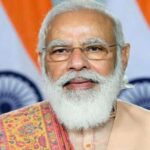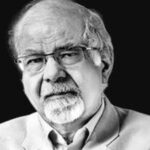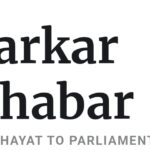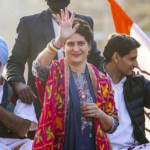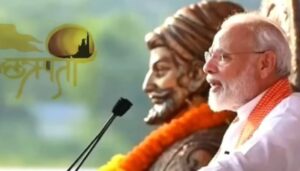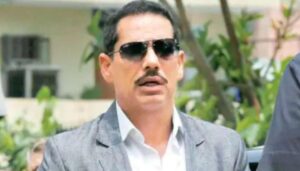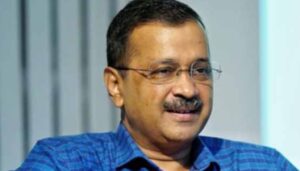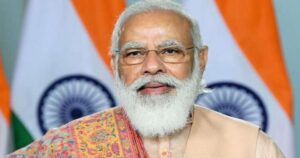
Parties Cannot Consider Election Symbol As Their Property: Court
Delhi, 20th November 2022: Political parties cannot consider election symbols as their property, and if a party’s performance is disappointing, it may lose the right to use the election symbol, Delhi High Court stated.
The high court made the remarks while dismissing an appeal by the Samata Party challenging the order of a single judge, which had dismissed its plea against the allotment of the ‘flaming torch’ election symbol to the Uddhav Thackeray faction of the Shiv Sena. The appellant side claimed that the ‘flaming torch’ symbol belonged to it, and it had contested the election on it.
A bench of Chief Justice Satish Chandra Sharma and Justice Subramanian Prasad also referred to the previous judgment of the Supreme Court in the Subramanian Swamy vs the Election Commission of India case, and further stated that a symbol is not a tangible thing nor does it generate any wealth.
It is only a symbol associated with a particular political party to help lakhs of illiterate voters to exercise their right to vote properly in favour of a candidate of their choice belonging to a particular party, the bench said in its order. The parties concerned cannot treat the symbol as its exclusive property. The Election Symbols (Reservation and Allotment) Order, 1968 makes it very clear that a dismal performance of a party can lead to loss of the right to use the symbol.
It states that even though members of the Samata Party were allowed to use the flaming torch symbol since the party was derecognized in 2004, the symbol has become an independent symbol and cannot be replaced by any other. The allotment is in the jurisdiction of the Election Commission.
He said no fault could be found in the communication-cum-order dated October 10, 2022, and the order dated October 19, 2022, issued by the Election Commission of India allotting the symbol of the flaming torch to Shiv Sena (Uddhav Balasaheb Thackeray).
The bench said that a reserved symbol is reserved for a recognized political party for special allotment to candidates set up by that party to contest elections and recognized the Samata Party as a state party in 2004.
Earlier in October, the single judge had dismissed the petition, saying that in the absence of any locus standi before the court, the petitioner cannot seek a mandamus to set aside the order of the Election Commission and that the party’s election symbol But no rights have been shown. The party was disrecognised in 2004.
The petitioner, in his appeal, said that the single judge had dismissed his plea on the first date of the hearing without issuing notice to the Election Commission (EC), Shiv Sena and Maharashtra Chief Minister Eknath Shinde.
In its plea, the petitioner said it was formed in 1994 by George Fernandes and Nitish Kumar as a “branch of the Janata Dal” and was given the symbol of ‘flaming torch’ by the Election Commission.
The plea states that the petitioner was trying to revive itself and is going to contest the upcoming elections. The people have recognized the petitioner party by its symbol for more than four decades, and now the petitioner party is a great prejudice. If the same symbol is allotted to any other party.
The Election Commission had defended the allocation and said there was no need to issue any notification under the law.
While dealing with the dispute between rival factions of the Shiv Sena, the Election Commission had on October 10 issued a communication allotting the Flaming Torch symbol to the Uddhav Thackeray faction.
It had said that the election symbol was not in the list of free symbols and was a “formerly reserved symbol” of the now-recognized Samata Party, but decided to allot it on the request to declare it as a free symbol.
Eknath Shinde, the current chief minister of Maharashtra and leader of the rival Shiv Sena faction, raised the flag of rebellion earlier this year against Mr Thackeray, accusing him of entering into an “unnatural alliance” with the Congress and the NCP.
More than 40 of the 55 Shiv Sena MLAs supported Shinde, forcing Thackeray to resign as the Chief Minister of Maharashtra.
After the resignation of Uddhav Thackeray, Eknath Shinde became the Chief Minister with the support of the BJP. Twelve of the Shiv Sena’s 18 Lok Sabha members also came out in support of Mr Shinde, who later claimed to be the original Shiv Sena leader.
